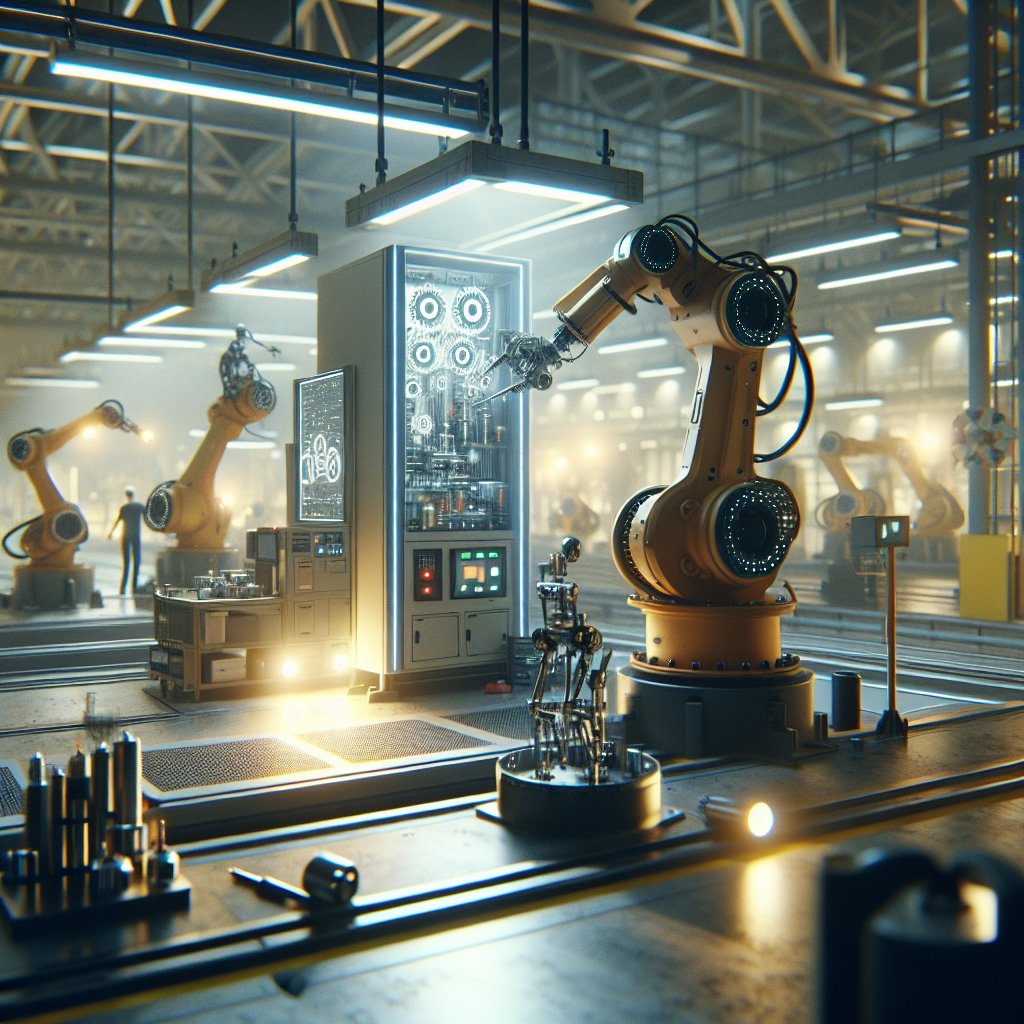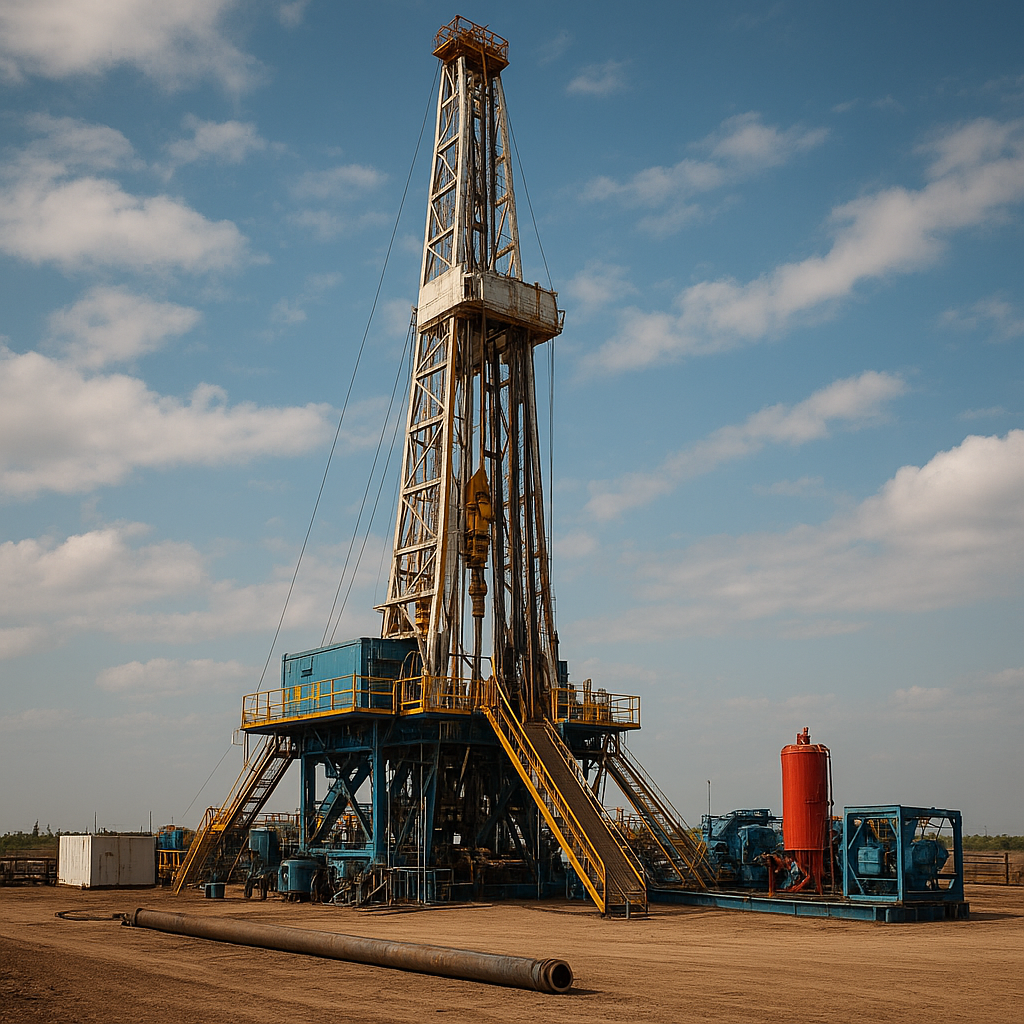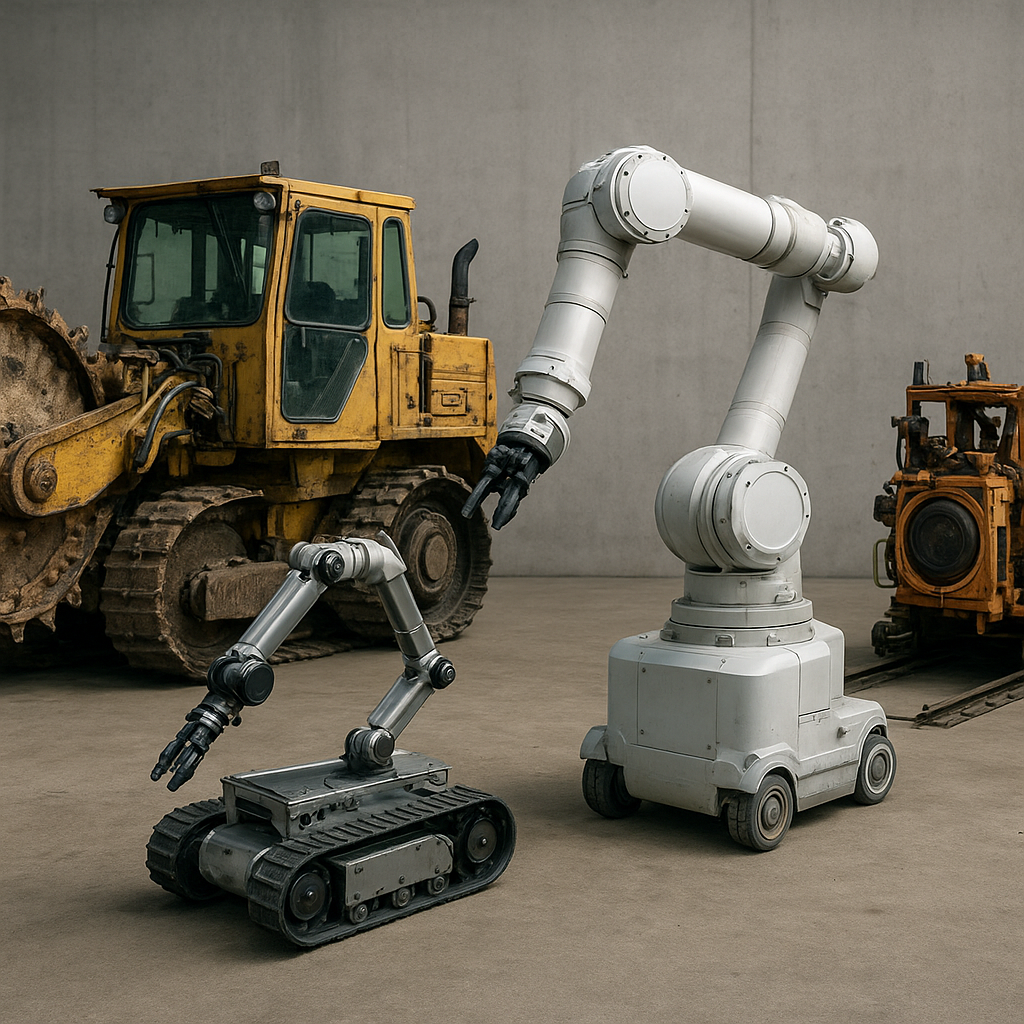
Artificial Intelligence (AI) is revolutionizing the way industries approach factory equipment maintenance, offering unprecedented opportunities for efficiency and cost savings. By leveraging AI technologies, companies can predict equipment failures before they occur, optimize maintenance schedules, and enhance overall operational performance. This article explores the various applications of AI in factory equipment maintenance, highlighting its transformative impact on industrial operations.
Predictive Maintenance
Predictive maintenance is one of the most significant applications of AI in factory equipment maintenance. By utilizing machine learning algorithms and data analytics, AI systems can analyze historical and real-time data from equipment sensors to predict potential failures. This proactive approach allows maintenance teams to address issues before they lead to costly downtime.
AI-driven predictive maintenance systems rely on a variety of data sources, including vibration analysis, temperature monitoring, and acoustic signals. These data points are fed into machine learning models that identify patterns and anomalies indicative of impending equipment failures. As a result, maintenance can be scheduled at the most opportune times, minimizing disruptions to production schedules.
Moreover, predictive maintenance reduces the need for routine inspections and unnecessary part replacements, leading to significant cost savings. By focusing resources on equipment that truly requires attention, companies can optimize their maintenance budgets and extend the lifespan of their machinery.
Optimizing Maintenance Schedules
AI also plays a crucial role in optimizing maintenance schedules, ensuring that equipment is serviced at the right intervals to maximize efficiency and minimize downtime. Traditional maintenance schedules are often based on fixed time intervals or usage metrics, which may not accurately reflect the actual condition of the equipment.
With AI, maintenance schedules can be dynamically adjusted based on real-time data and predictive analytics. This approach, known as condition-based maintenance, allows companies to tailor their maintenance activities to the specific needs of each piece of equipment. By doing so, they can avoid over-maintenance, which can be as detrimental as under-maintenance.
AI systems can also prioritize maintenance tasks based on the criticality of the equipment and the potential impact of a failure. This ensures that the most important machinery receives attention first, reducing the risk of major disruptions to production processes.
Enhancing Operational Performance
Beyond predictive maintenance and schedule optimization, AI contributes to enhancing overall operational performance in factories. By providing insights into equipment performance and identifying inefficiencies, AI systems enable companies to make data-driven decisions that improve productivity and reduce waste.
For instance, AI can analyze energy consumption patterns to identify opportunities for energy savings. By optimizing equipment settings and operations, factories can reduce their energy costs and environmental footprint. Additionally, AI can help identify bottlenecks in production processes, allowing companies to streamline operations and increase throughput.
Furthermore, AI-powered maintenance systems can facilitate better inventory management by predicting the demand for spare parts. This ensures that the necessary components are available when needed, reducing the risk of extended downtime due to parts shortages.
Challenges and Considerations
While the benefits of AI in factory equipment maintenance are substantial, there are also challenges and considerations that companies must address. One of the primary challenges is the integration of AI systems with existing infrastructure. Many factories operate with legacy equipment that may not be equipped with the necessary sensors or connectivity for AI applications.
To overcome this challenge, companies may need to invest in retrofitting their equipment with IoT sensors and upgrading their data infrastructure. Additionally, the successful implementation of AI requires a skilled workforce capable of managing and interpreting AI systems. This may necessitate training programs and the hiring of data scientists and AI specialists.
Data security and privacy are also critical considerations, as AI systems rely on vast amounts of data to function effectively. Companies must ensure that their data is protected from cyber threats and that they comply with relevant data protection regulations.
Future Prospects
The future of AI in factory equipment maintenance is promising, with ongoing advancements in AI technologies and increasing adoption across industries. As AI systems become more sophisticated, they will offer even greater precision in predicting equipment failures and optimizing maintenance activities.
Emerging technologies such as digital twins, which create virtual replicas of physical assets, are expected to further enhance AI’s capabilities in maintenance. By simulating equipment behavior in a virtual environment, digital twins can provide deeper insights into equipment performance and maintenance needs.
Moreover, the integration of AI with other technologies, such as augmented reality (AR) and robotics, holds the potential to revolutionize maintenance practices. For example, AR can assist maintenance technicians by overlaying digital information onto physical equipment, while robotics can automate routine maintenance tasks.
In conclusion, AI is transforming factory equipment maintenance by enabling predictive maintenance, optimizing schedules, and enhancing operational performance. While challenges remain, the potential benefits of AI are significant, offering companies the opportunity to improve efficiency, reduce costs, and gain a competitive edge in the industrial landscape.

